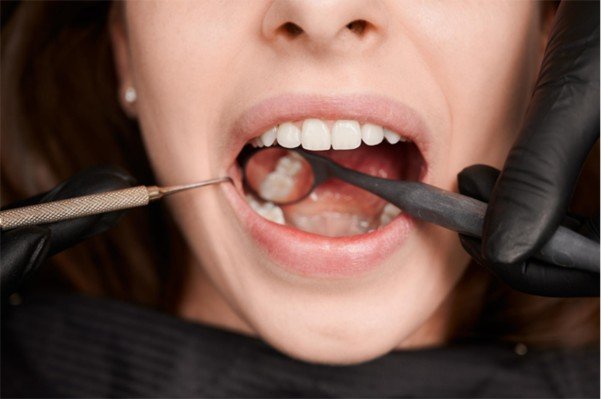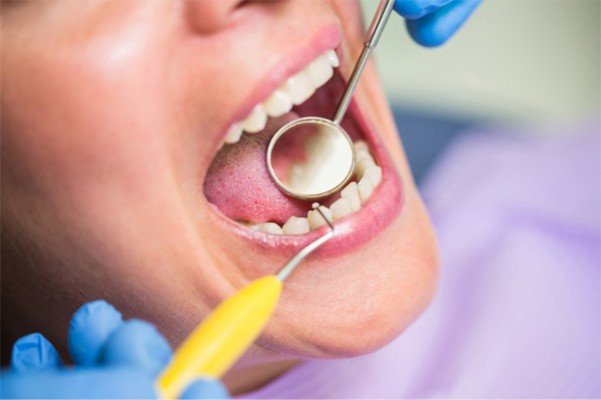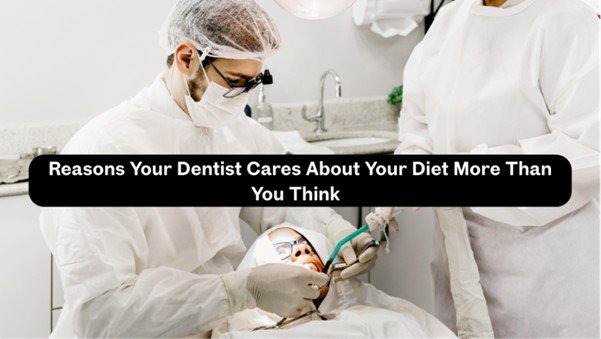Diet not only affects your general health but also your teeth and the condition of your gums. Most individuals believe that adequate brushing and flossing suffice, but eating habits are critical and need not be overlooked.
The food you consume influences the strength of your enamel, gums, and the amount of your saliva production. It also affects the healing rate of your mouth after dental procedures.
Before pain and cavities develop, dentists are usually able to identify any early signs of trouble. Cracks, discoloration, gum irritation, and sensitivity do not happen by chance; they are signs of poor nutritional practices and eating habits.
This article explores why your dentist is concerned about what you eat more than you think.
1. Acid And Sugar: The Main Culprits
Diets and beverages can affect the acid level in your mouth, which is why dentists consider diet when examining oral health. Bacteria consume lactose or refined carbohydrates, generating acid that reduces the pH level and causes enamel weakness.
The constant snacking exposes teeth to an acidic environment, which prevents natural healing. Your local dentist may observe similar signs. For example, if you live in Belleville, a Belleville dentist might notice early signs of enamel wear or gum irritation caused by acidic foods.
Fibrous foods and calcium-rich foods, on the contrary, are beneficial to neutralize acidity and replenish minerals. Thus, your diet has the immediate effect of keeping your oral health in balance, minimizing the risk of decay.
2. Sugar And Carbohydrates Fuel Cavities

Sugar and refined carbs are the most common causes of tooth decay. These sugars are broken down into acids by bacteria in the mouth, and eventually, the bacteria break down enamel.
Even non-sweet foods like crackers or chips dissolve into sugar and cause an acid attack. Pattern and location of cavities are some of the frequent indicators that dentists use to identify frequent sugar exposure.
There may be numerous minor holes, especially between teeth or around the gumline, which are also a strong indication of constant snacking as opposed to occasional indulgence.
Reduction in the consumption of sugary snacks and adding space between meals allows the saliva to neutralize acid and protect enamel.
3. Acidic Foods and Drinks Wear Down Enamel
Acidic substances, such as soda, fruit juices, sports drinks, and even citrus foods, may slowly decrease the tooth enamel. Over time, the enamel becomes less resistant and weaker, and the underlying dentin may emerge, leading to yellowing or tenderness.
Dentists can often link these visible signs of enamel erosion to the patient’s consumption of acidic foods and beverages.
4. Nutrient Deficiencies First Appear In The Mouth

Nutritional deficiencies are usually first reflected in the mouth. Vitamins and minerals are required to make gums and teeth healthy and oral tissues strong.
- Vitamin C helps in the health of gums; lack of it may cause bleeding or swelling.
- Vitamin D and calcium are essential for healthy teeth and the jawbone.
- Vitamin A helps repair the tissues and enamel.
- Protein and zinc aid in the healing of wounds and the immune system.
Dentists commonly see pale gums, slow healing or sores in the mouth, and know the signs of possible dietary deficiencies.
5. Diet Influences Inflammation and Gum Health
A plaque diet also causes gum disease, and it can increase inflammatory levels in the body, thereby aggravating gum issues. High sugar diets, refined carbohydrates, and processed fat are the ones that encourage inflammation, whereas omega-3 fatty acids, antioxidants, and whole grains lower it.
The underlying cause of dietary factors is usually observed in patients with persistent gum irritation despite excellent oral hygiene. By adopting anti-inflammatory eating habits, inflammation may decrease, and the health of the gums may be maintained even without further intervention.




